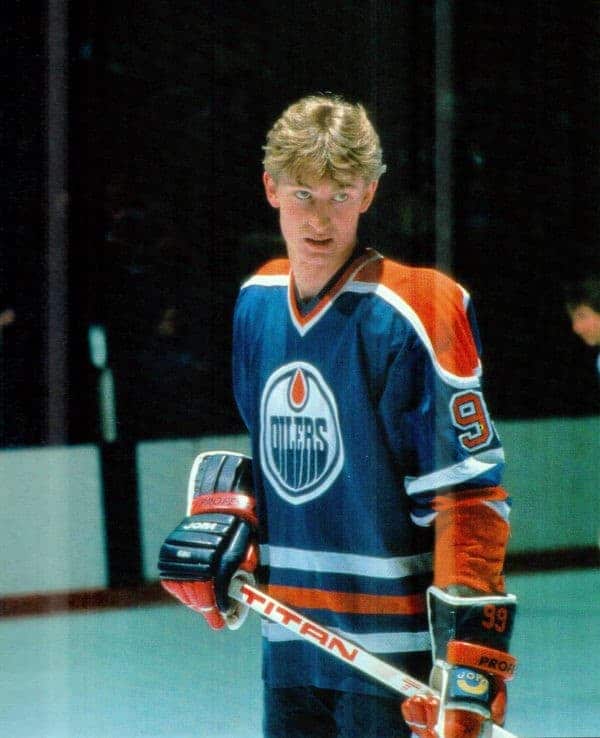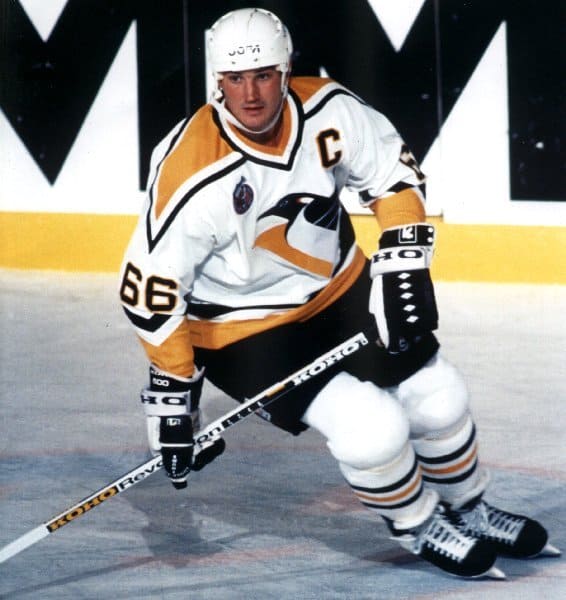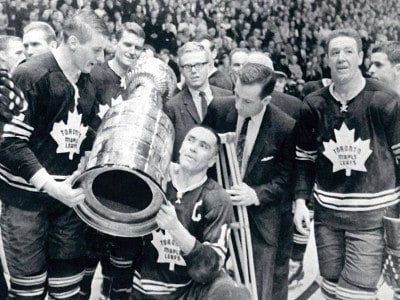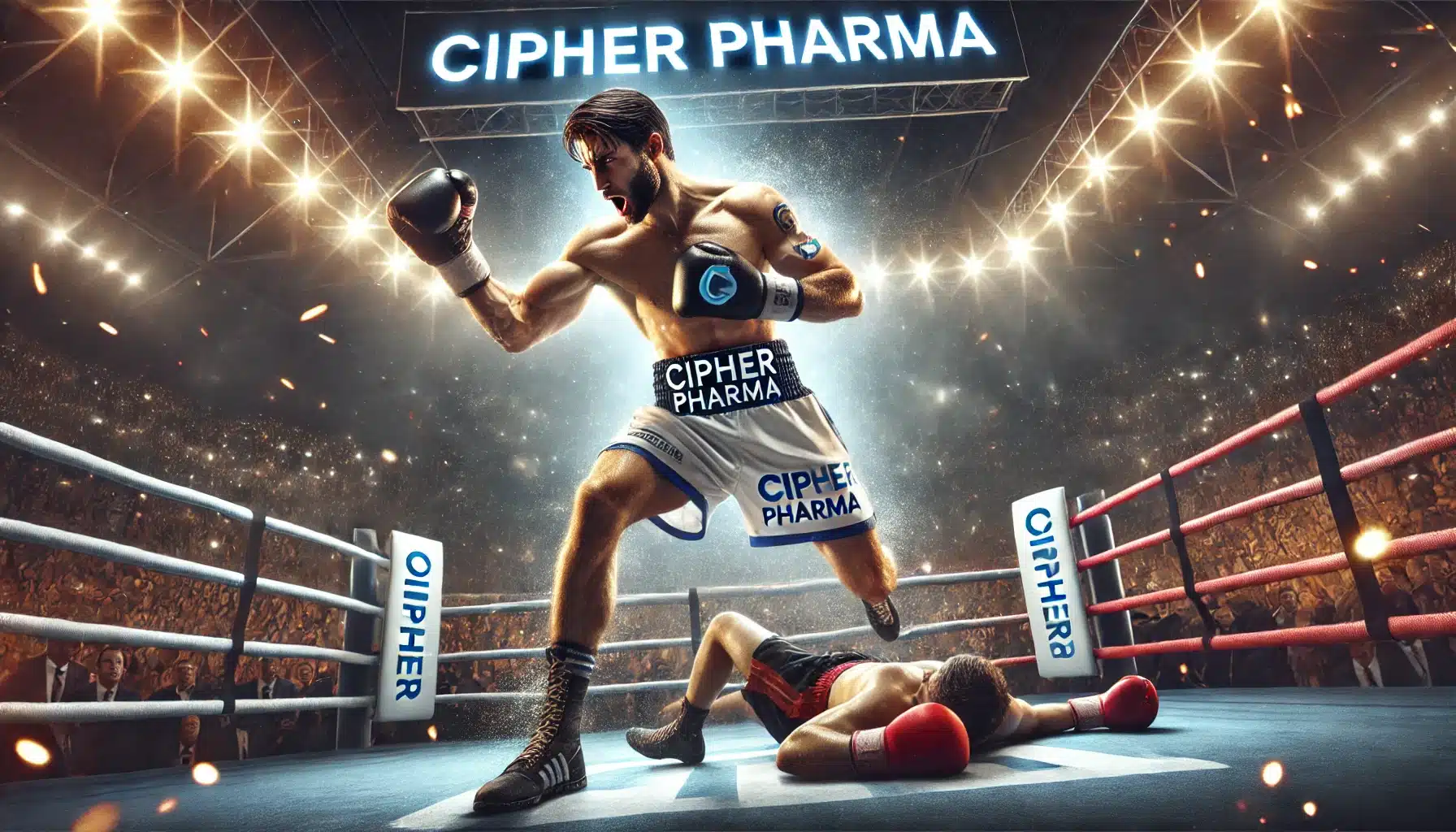
 Sidney Crosby or Wayne Gretzky, who ya got?
Sidney Crosby or Wayne Gretzky, who ya got?
Every once in a while, when people start putting together a fantasy hockey team composed of immortal players from different eras performing at the peak of their abilities, you’ll hear someone muttering, “Crosby may not seem as great as Gretzky on paper, but he’s every bit as good if you take into account how the game has changed over the years,” or words to that effect.
You can slice the numbers any way you want in order to “prove” that thesis, but after a while it feels like an assertion that contains just a little wishful thinking.
What’s in a name?
If your nickname happens to be “The Great One”, odds are that you didn’t pick that up from the other children in the schoolyard or while your mommy was lifting you out of the crib.
No, that becomes your name if you were obviously the greatest in your field over a career spent dazzling not only the howling crowds chanting your name from the stands, but also other players on the ice who can’t believe what they’re looking at.
There’s something diminutive, on the other hand, about “The Kid”, implying either a wool-capped pool hustler or a person with an inferiority complex, someone with a chip on his shoulder and a lot to prove.
Sidney Crosby Stats in a Historical Perspective
Right now, Sidney Crosby sits in fifth place on the list of NHL all-time points-per-game leaders, with 1.327 points per games played, ranking behind Bobby Orr, Mike Bossy and Mario Lemieux, with Wayne Gretzky sitting comfortably in the Number One position, with 1.921 points per games played.
Looking at those numbers, you’d think there was no contest.
But points were a lot easier to come by in the 1980s, with the league-wide goals against average rising as high as 3.95 during the 1981-1982 season, Gretzky’s third year in the NHL during which he scored a mind-numbing 92 goals.
For argument’s sake, let’s compare Gretzky’s fifth year in the league with Sid’s. That’s a time when a player’s career is just beginning to peak. He is young enough to go hard but knows the league well.

In his fifth full year in the NHL, 1983-84, Gretzky totaled 205 points in 74 games for a whopping 2.77 points per game. In his fifth year, in 2009-10, Crosby racked up 109 points in 81 games for a point-per-game total of 1.34. No contest, right?
But wait.
The league average goals per game in 1983-84 was 3.97. In 2009-10? 2.84 goals per game. That’s a 40 per cent difference.
That means, adjusting for era, we must add 54 points to Sid’s total, bringing his fifth season in the league to 163 points.
That would mean the 1983-84 NHL scoring leaders would be Gretzky at 205, Crosby at 163, and then Paul Coffey at 126.
Now add to the fact that Sid plays in a salary cap era that sees him lining up with talent that is clearly inferior to Jarri Kurri and Glenn Anderson, and it becomes even closer. Give Sid a meager ten points to adjust that. You now have Gretzky at 205 and Crosby at 173.
Pretty interesting.
And what about Super Mario? Lemieux’s fifth season in the league was his best. He totaled 199 points in 76 games, for an average of 2.61 points-per-game. In that year, 1988-89, the league average was 3.74 goals-per-game. Era adjusted, we will need to add 32 per cent to Sid’s year-five total, bringing him to 141 points.

That 141 points would be good enough for fifth place in NHL scoring that year, behind Lemieux, Gretzky (168), Yzerman (155), and Nicholls (150).
In the end, though, you have to go with Gretzky. If you compare the players in their prime, during the first 10 years of their career, there is really no contest, no matter how you slice the numbers, as we’ll see in a minute.
During the span of Gretzky’s career, the league GAA was 3.40 goals per game, a figure which fell to 2.63 goals per game during the span of Crosby’s 11-year career, including this past season, which amounts to 77% of the the Gretzky era GAA.
On an individual level, Sidney Crosby has scored 0.478 goals per game, and has 1.327 points per game.
Gretzky has 0.601 goals per game and 1.921 points per game, which, if you adjust according to the modern GAA, fall to 0.463 and 1.48, respectively.
During the history of the NHL, league-wide point averages have fluctuated, with the league’s first several years seeing some crazy numbers being put up.
The Goals Against Average during the inaugural 1917-’18 season was 4.98, which probably made for fun, if chaotic, viewing.
Things settled down into a steady state, though, with the GAA floating in the 2.00-3.00 range from 1946 until 1970-’71, at which point the GAA broke above the 3.00 mark and rose consistently above 3.45 after the 1979-’80 season, the first year that the Edmonton Oilers and three other World Hockey Association teams were folded into the NHL.
The league-wide GAA rose above 3.00-plus territory until the 1994-1995 season when it settled down again.
Gretzky played 774 games over his first 10 seasons, during which he scored 637 goals and racked up 1,837 points.
Crosby played 627 games over his first 10 seasons, during which he scored 302 goals and racked up 853 points.
That makes for a goals-per-game average of 0.82, and a points-per-game average of 2.37 for Gretzky.
And it makes for a goals-per-game average of 0.48, and a points-per-game average of 1.36 for Crosby.
The GAA for the entire NHL sees a bump during Crosby’s first season, from the previous season’s 2.46 up to 2.93, which is tribute enough to the Kid’s impact.
Drafted first overall in 2005, Sidney Crosby has just finished his 11th regular season, during which time he has scored 338 goals on the way to 938 points over 707 games played.
Crosby’s rookie season was dynamite, seeing him score 39 goals as part of a total 102 points.
He did even better in the 2006-2007 season, during which Crosby hit the 120 point mark, scoring 36 goals, winning the Hart Memorial Trophy, the Ted Lindsay Award, and the Art Ross trophy.
In the 2008-2009 season, the Pittsburgh Penguins won the Stanley Cup, a year in which Crosby scored 33 goals on his way to 103 points.
In the 2009-2010 season, Crosby scored a career high 51 goals, as part of a 109 point season.
Amazing numbers, regardless of any comparison.
Wayne Gretzky had a 20-year career, from 1979 to 1999, during which he won four Stanley Cups, and scored 894 goals along with 1,963 assists over 1,487 games played, for a total of 2,857 points.
In the 1985-’86 season, Gretzky scored 52 goals as part of a career-high 215-point season.
From the start of his career until the 1990-’91 season, Gretzky scored 40 or more goals for 12 straight seasons.
During Gretzky’s first 10 seasons, he won seven Art Ross trophies and the Hart Memorial Trophy nine times, and led the league in goal scoring five times.
And there’s the rub.
Any attempt to create some kind of equivalence between Crosby and Gretzky simply falls apart if you compare the first 10 years of Gretzky’s career to Crosby’s first 10 years, which seems the fairest window for comparison, given that we can’t know what Crosby’s next nine years are going to look like.
Gretzky’s productivity nosedived when he was away from the Oilers…
Gretzky’s productivity takes a nosedive during the second half of his 20-year career, partly owing to age, but also owing to the fact that he was drifting around on teams that weren’t the Edmonton Oilers, and yet he still managed put up perfectly respectable numbers despite those factors weighing against him.
And whereas Sidney Crosby is playing on a team with only one other point leader who can play at his level, namely Evgeni Malkin, Gretzky was playing on a dream team packed with top line talent, including Paul Coffey, Jari Kurri, and Mark Messier.
That team lifted the Stanley Cup four times. And with Messier replacing Gretzky as captain, they would lift it once more.
At the end of his 11th regular season, we have no idea how Crosby is going to play during the next nine years. He’s at least got stability on his side, in the sense that he’s a Pittsburgh Penguins lifer.
But will he see a second-decade decline comparable to Gretzky’s, or will Crosby continue to perform at a high level, like Gordie Howe and his nearly 40-year career?
Crosby may very well have an amazing nine years remaining on a 20 year career, but without those numbers, comparing the end of Gretzky’s career is obviously going to work out to Crosby’s advantage.
So the only fair comparison is to line up Gretzky’s first 10 years with Crosby’s first 10 years.
And for that span, it’s not even close.
Gretzky played 774 games over his first 10 seasons, during which he scored 637 goals and racked up 1,837 points.
Crosby played 627 games over his first 10 seasons, during which he scored 302 goals and racked up 853 points.
That makes for a goals-per-game average of 0.82, and a points-per-game average of 2.37 for Gretzky.
And it makes for a goals-per-game average of 0.48, and a points-per-game average of 1.36 for Crosby.
Even adjusted downward to account for the lower overall points and scoring numbers of the Crosby era, Gretzky simply crushes Crosby during the first 10 years of each of their careers.
None of this, of course, takes away from either player’s iconic status.
Gretzky is, was and always will be “The Great One”, no matter what some quant says.
And Sidney Crosby has associated himself at this point with enough immortal moments, such as the scoring the gold medal winning goal at the Olympics, that his place in hockey history is secure.
If we call him “The Kid”, it’s not because we think that he’s anyone’s junior, but out of a sense of affection.
Statistics aside, evaluating a player’s greatness should take into account his stature both as a human being and as a player.
In which case, the best player of all time is obviously Jean Beliveau. Or at least some guy who wore number four.
Comment
Leave a Reply
You must be logged in to post a comment.





 Share
Share Tweet
Tweet Share
Share




This might be a bit of a stretch. I understand the eras have changed tremendously – but I judge these guys as to how wide the gap is/was between them and the other top players in the league at that time. Crosby is currently the best in the league but does not have the dominance that Wayne did. All that said – use my logic and Bobby Orr is the greatest player ever.
I dont know about Sid not being as dominant in this era. In around 50 more games Sid has almost as many career assists as the reigning Art Ross winner Patrick Kane has points. The question for me is would Hretzky have put up those numbers in todays game, the answer is no!
You need to make a roster, make the top two lines to be a good player, 90% of the top guys in the nhl today would not make the top line, let alone the top two lines of the 26/28 clubs in the 80’s and 90’s. Let me see here. If you look at last year’s regular season points race. You see players like Joe Thornton, Marian Hossa, Jason Spezza, Mike Ribeiro, Henrik Zetterberg, Pavel Datsyuk, and to lesser degree the Sedins, And Rick Nash. These guys played with many of Gretz contemporaries, there are lots of cross overs. Gretzky was twice as good as the likes of Joe Thornton, Pavel Datsyuk, and Zetterberg, or the Sedins. And these guys composed much of the leading scorers’ lists for 5-7 years consecutively. Guys like Kane, Tires, Getzlaf, Tavares, Seguin, Tarasenko, Benn, Giroux, even Crosby, Malkin, and the Sedins wouldn’t even crack the top top 20 in the hayday of Gretz, Mess, Sel, Jags, Sund, Forsb, Turg, Sak, Yze, Fed, Kar, Koiv, Fleur, Roen, Hull, Bur, Mog, Mario, Franc, Shan, Kurr, Modano, Niew, Igin, Thorn, Tkach, Palff, Mullen, Laf, etc. There is more balance today, the guys work out all day, have the best conditioning, best equip, best therapy, best docs, etc. Still no, even Selanne and Jagr near the mid 40’s are as good as some of the NHLs best half there age. There is more balance, but the 80′ and 90’s, early 00’s the NHL top line, maybe even top 2 lines were superior than this bunch. The bottom two lines were weaker than though. And the defenceman were also better than. The goalie would say be stronger on the whole today though. But the best 10 in the ‘older’ era would be the best today as well. Also consider the NHL only really drafted Canadians and Americans in the 80’s, and started drafting Russians and Eastern European countries and in the 90’s, and today they got the whole World to draw from. Guys like Benn, Seguin, Toews, Tarasenko, Getzlaf, Nash, etc. These guys second, maybe third liners some of them back in 80’s, 90’s and 00’s
There’s a reason for that. When was the last time you saw kids playing road hockey? Nowadays not only do they not learn how to make creative plays by second nature, which is what thousands of hours of road hockey did for the previous generation, it used to be that the kids who excelled in hockey were the most into it, now every Canadian kid is pushed into organized hockey, and the most athletic ones survive to become professionals. A few years into their pro careers they have no passion for the game because they coasted by on ‘athleticism’ not skill… that’s why you see so many players score 20+ goals a couple years into their careers and a few years later they’re out of the league before they hit 30; the list is long and getting longer…
m.o…..a top 14 year old goalie today would have been posting shutouts in the 70’s and 80’s…there is NO…ZERO …comparison in goaltending. The position and training for that position are in a different world today than decades past.
Now THAT I would agree with….you see recruiting in every sport where they take the fastest, NOT the smartest and never even know what they missed out on.
That’s only fair if you suppose their respective contemporaries were even
Crosby is facing the best players from around the world, whereas when Gretzky was dominating the league was made up primarily of North Americans
The average 4th liner today is far better than the average 4th line of the 80’s
Das ist sehr gut!